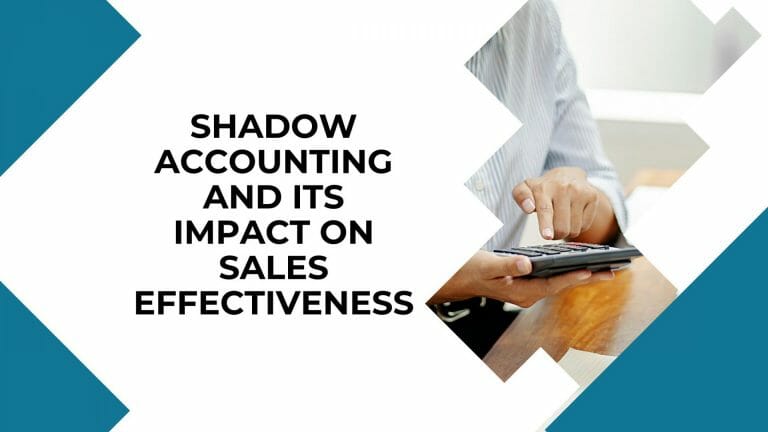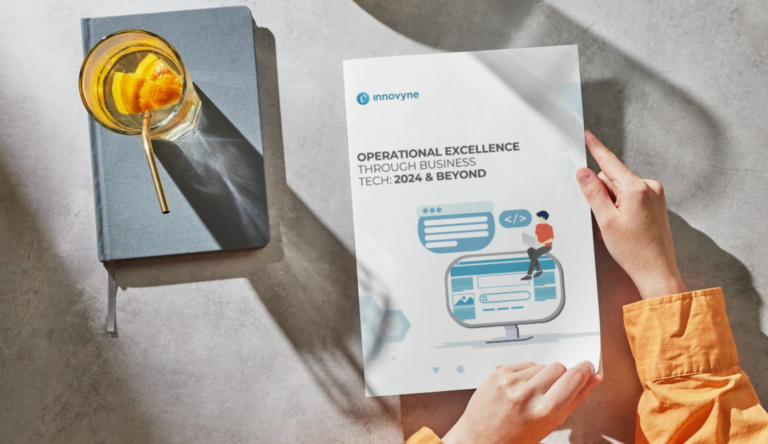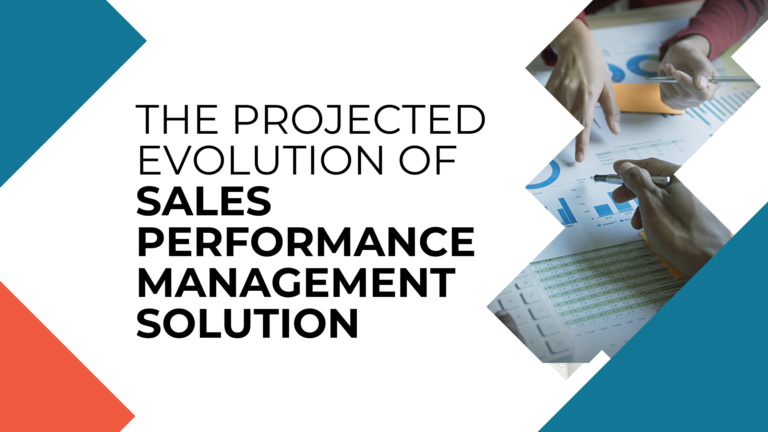As sales reps, you’re likely juggling many things. You’re keeping track of pipelines and funnels, trying to close that one deal, and working through different business development measures.
Incentive compensation and its calculation are probably not something that you get as much time to focus on, but there is likely always to be some form of concern when there is a manual payout process in place.
Since sales reps do not trust the calculation method and the accuracy of the commissions data, they implement their own commission calculation processes to track their progress. This process is known as shadow accounting, and we will be going to explain more about it in this blog.
Defining shadow accounting
Before we delve into the drawbacks of shadow accounting for sales reps, let’s establish a definition of what the term ‘shadow accounting’ means. At its core, shadow accounting is a practice of checking incentive compensation used to calculate sales incentive payout independent from official accounting records. Designed as a failsafe against manual error payments, the process itself is fraught with issues, making incentive compensation management more stressful for sales reps.
But shadow accounting does far more harm than good – here’s why:
Drawback #1: Shadow accounting exists due to lack of transparency in the incentive administration process
The first drawback is probably the most obvious, but it still bears discussion. If managers have a rock-solid way of calculating and automating incentive compensation, there should not be a need for shadow accounting. With manual payouts and calculations, risks and errors will always occur – it’s just inevitable.
While shadow accounting may mitigate some of that, there is still a great deal that may get missed or slip through the crack. With a sales performance management (SPM) solution in place, shadow accounting won’t need to exist. The SPM will handle incentive compensation management from end to end, ensuring accuracy and transparency throughout.
Drawback #2: It consumes valuable time, funds, and resources
Shadow accounting has an impact on your productivity as a sales rep. Instead of focusing on clients and driving sales, you spend most of the time maintaining your independent account.
Research says that sales reps spend 64% of their work time on non-selling activities, such as manually calculating, and validating their own commissions.
An investment in an SPM solution can prevent this. It enables more frequent credit and payment updates, as well as increased visibility into the details of credit and payment transactions. This allows you to quickly assess current and potential performance while on the go – including via mobile devices – by making this information visually accessible.
Drawback #3: This type of accounting causes disputes and discrepancies within the company
Shadow accounting occurs because of your lack of trust in the administration process, this often leads to accounting disputes.
The parties often spend a lot of time sorting through documents and preparing for the dispute instead of focusing on their respective tasks.
These disputes not only lead to valuable time lost, but also burden your resources with inefficient tasks. The best way to prevent disputes is by promoting SPM solutions to cut down on time and costs associated with this process. The application is designed so that it will generate an unbiased decision based on facts instead of opinions.
Drawback #4: It does not give sales reps any data transparency into incentive compensation management
The other drawback with shadow accounting is that you don’t get any real visibility into incentive compensation or its management. When you have worked hard to close deals and commissions come into play, it is essential to have some level of transparency into calculations and the overall process.
With shadow accounting, you are likely using self-reported and collected data from various sources to piece together an overall picture. But without accounting for other business processes, the likelihood is that your calculations are always a bit off.
Using an SPM solution is ideal in this case because you get a bird-eye view of your incentive compensation, how it’s calculated, and what to expect. It will lead to fewer surprises overall, making it a far better alternative to shadow accounting.
Drawback #5: There’s no way to Research and predict future revenue without accounting your performance and targets
Ultimately, your growth as a sales rep isn’t just about tracking your current earnings. It’s about continually developing and improving so that you can improve performance. But how do you accomplish that without having any insight into your recent performance and future targets, and solely using random data points?
The truth is you cannot. To have some form of consistency in predicting revenue, you need key performance metrics to benchmark against. You need to be able to see your performance over time to gauge a realistic predictor.
You will also need to see other data points, such as how you compare against team members and transactional data. Unfortunately, shadow accounting just can’t give you that ability.
It’ll get you close to that point, but without accurate, real-time data coming in, it becomes harder to predict. However, SPM solutions give you that and more. It allows you to view all sales incentive compensation statements, performance metrics, and much, much more.
You will be able to calculate projected commission earnings with some level of flexibility, and you will have the compensation structure information at your fingertips, making it much easier to understand your performance holistically.
Main takeaway – A Shadow system is your first step in understanding your performance, but it shouldn’t be the whole journey
As you progress, it will become vital to calculate incentive performance accurately, and keeping track of your performance with a shadow system in place will become problematic.
Shadow accounting is difficult to trust, and the margin of error makes it risky as a consistent form of incentive compensation management. SPM solutions can give you the granularity and transparency you need to become a better sales rep by providing accurate and tailored data around your performance in the organization’s larger context.
Contact us today to see how we can transform your incentive compensation management system today!



